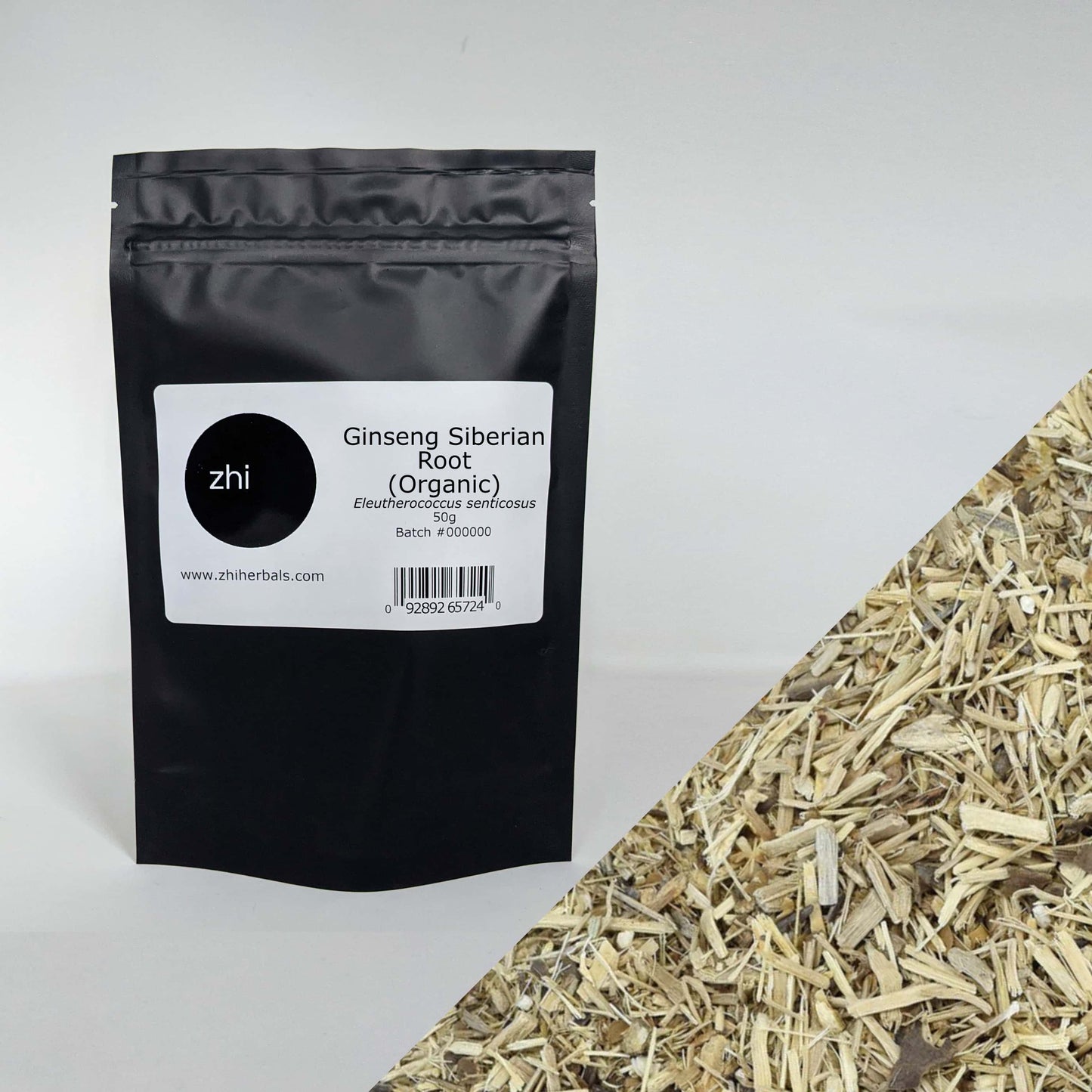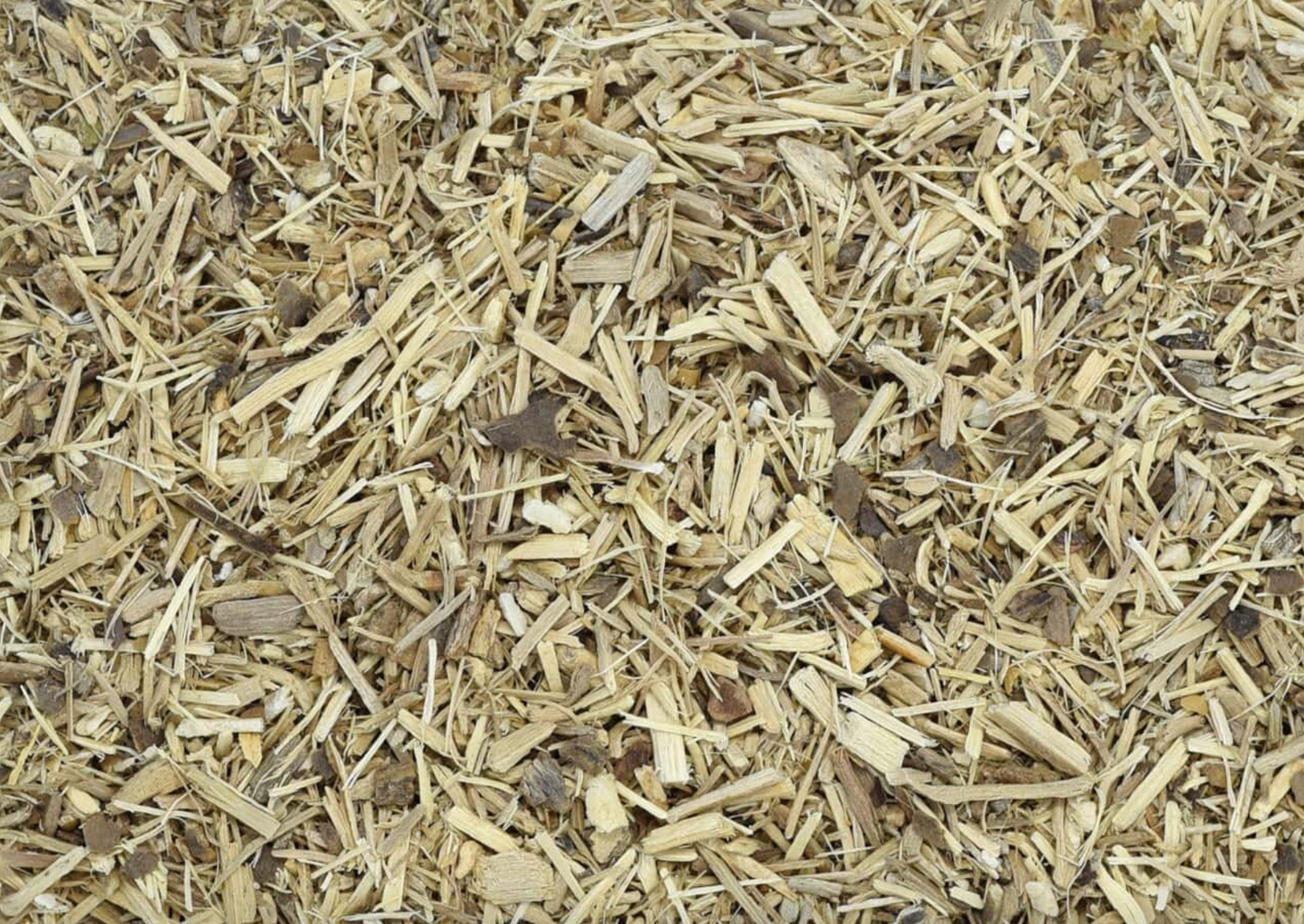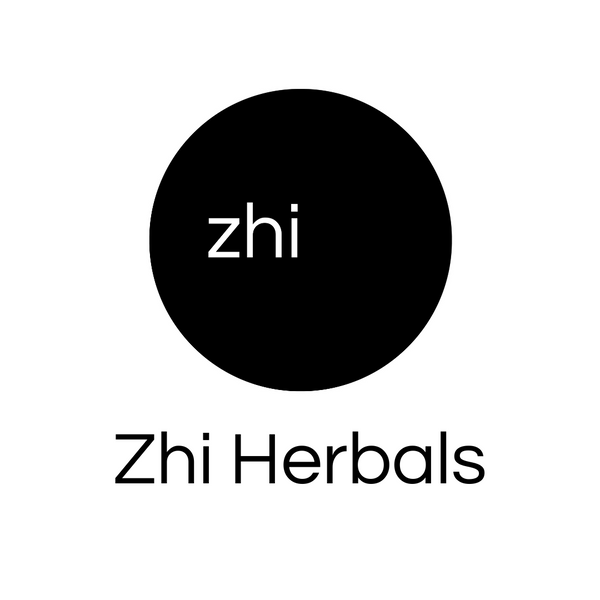Zhi Herbals
Ginseng Siberian Root (Organic)
Ginseng Siberian Root (Organic)
Couldn't load pickup availability
Common Name
Siberian Ginseng, Eleuthero, Ci Wu Jia, Ussurian Thorny Pepperbush
Latin Name
Eleutherococcus senticosus
Origin
China
What Is Siberian Ginseng?
Siberian ginseng is a medicinal root that is native to Japan, China, Korea, and Eastern Russia. It has been used in Korean and Russian folk medicine for promoting general health and increasing energy. Siberian ginseng is a popular adaptogen that works well both on its own and when combined with other herbs.
How to Use Siberian Ginseng (Common Uses)
Taken internally as a tea, decoction, powder, extract, or capsules. Visit our herbal blog for more ideas about how to use ginseng.
Medicinal Uses and Benefits of Siberian Ginseng
Siberian ginseng is generally used to increase one’s ability to deal with stress. It can boost mental alertness and physical endurance. As well, Siberian ginseng is an immune booster, and can help to prevent damage from heavy metals, pesticides, viruses, and bacterial infections.
Active Constituents in Siberian Ginseng
Eleutherosides, syringing, phenylpropanes, polysaccharides, ciwujianoside, phenolic compounds, triterpenoid saponins, lingnans, coumarins, volatile oils.
Share




